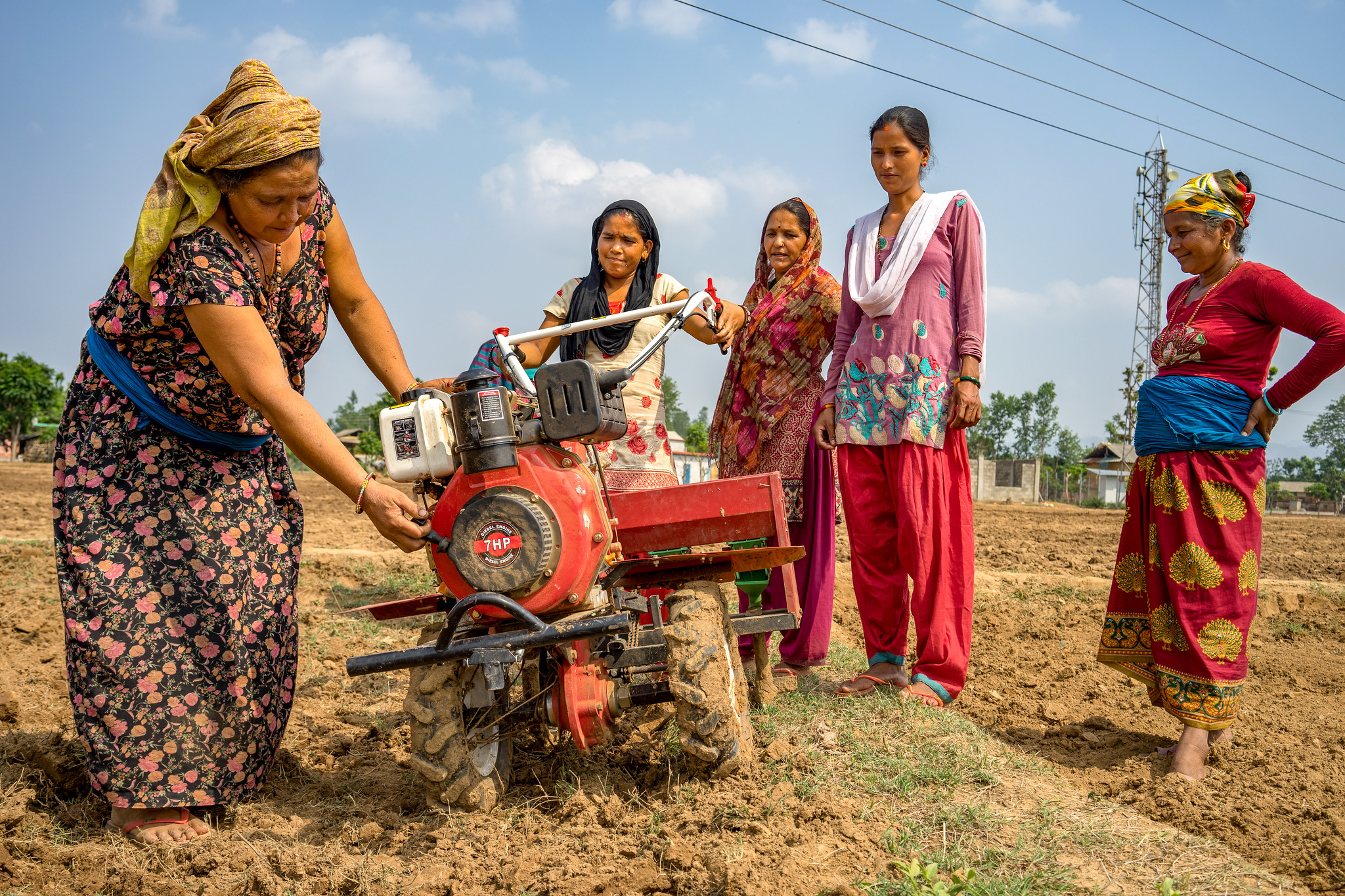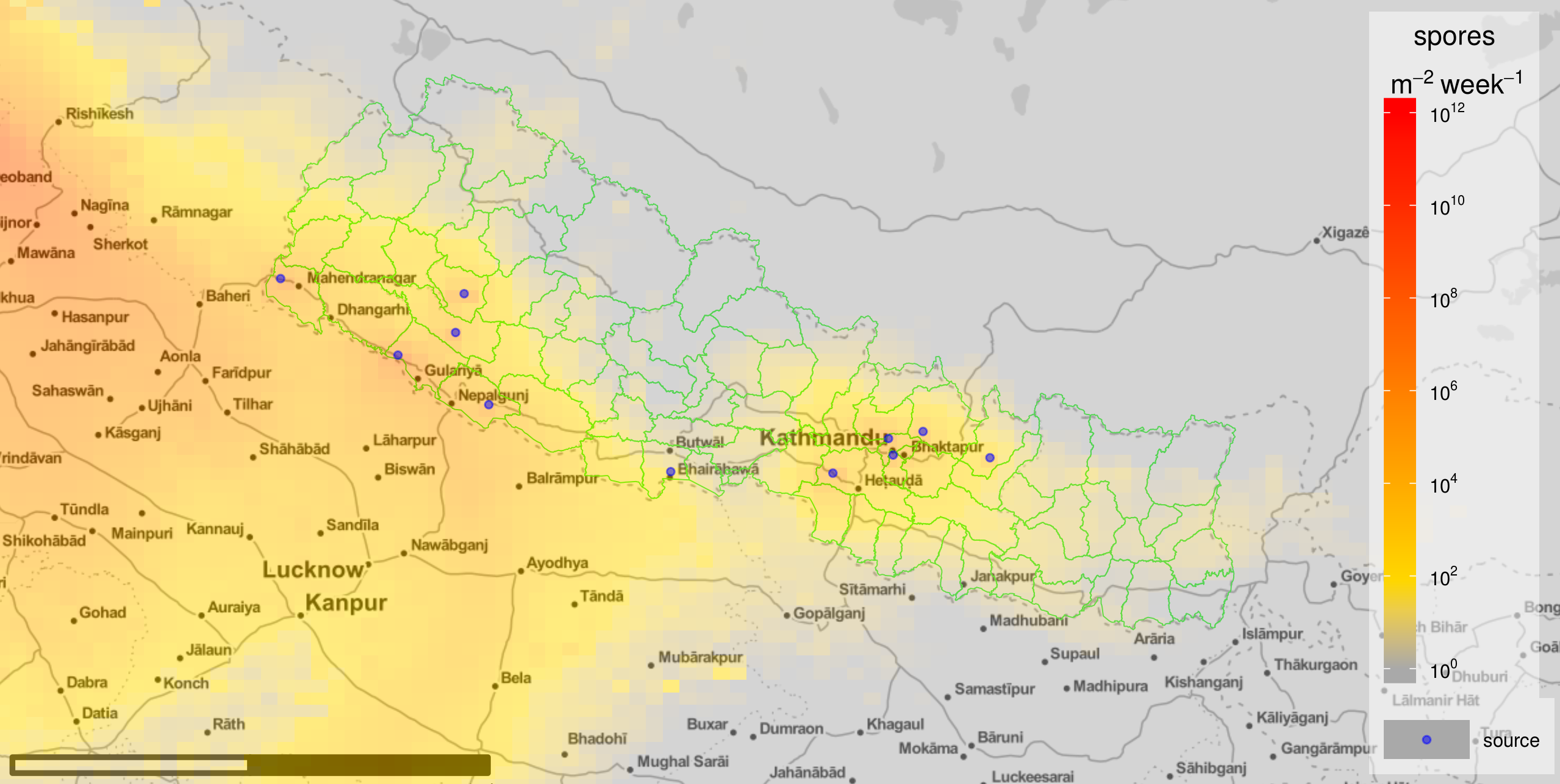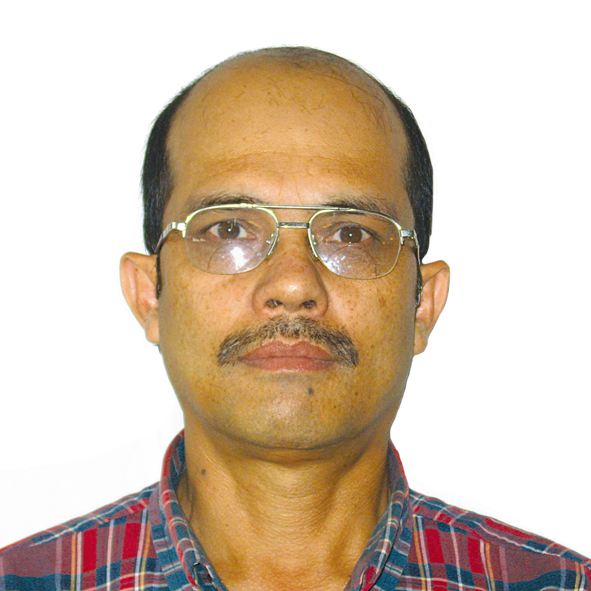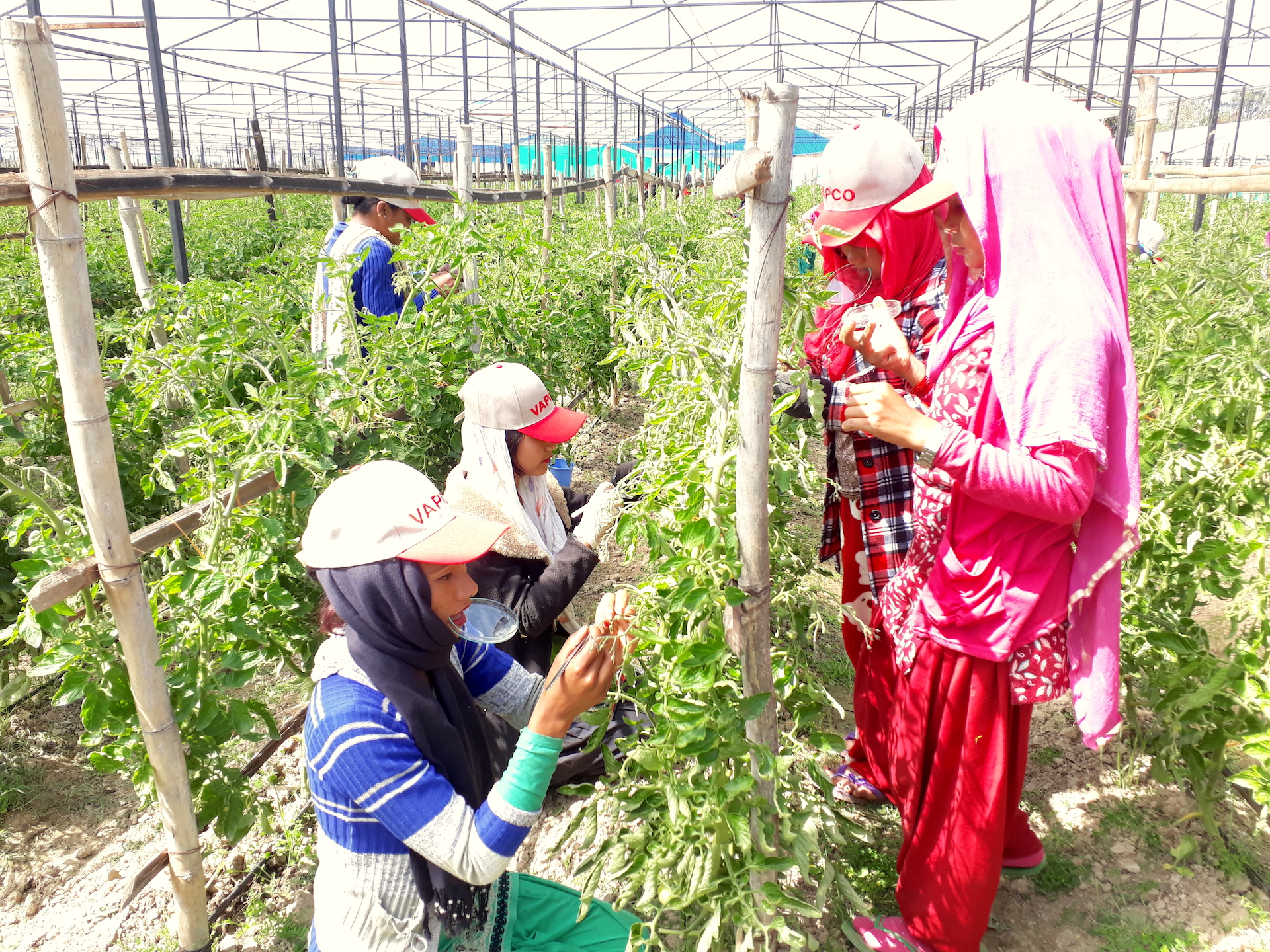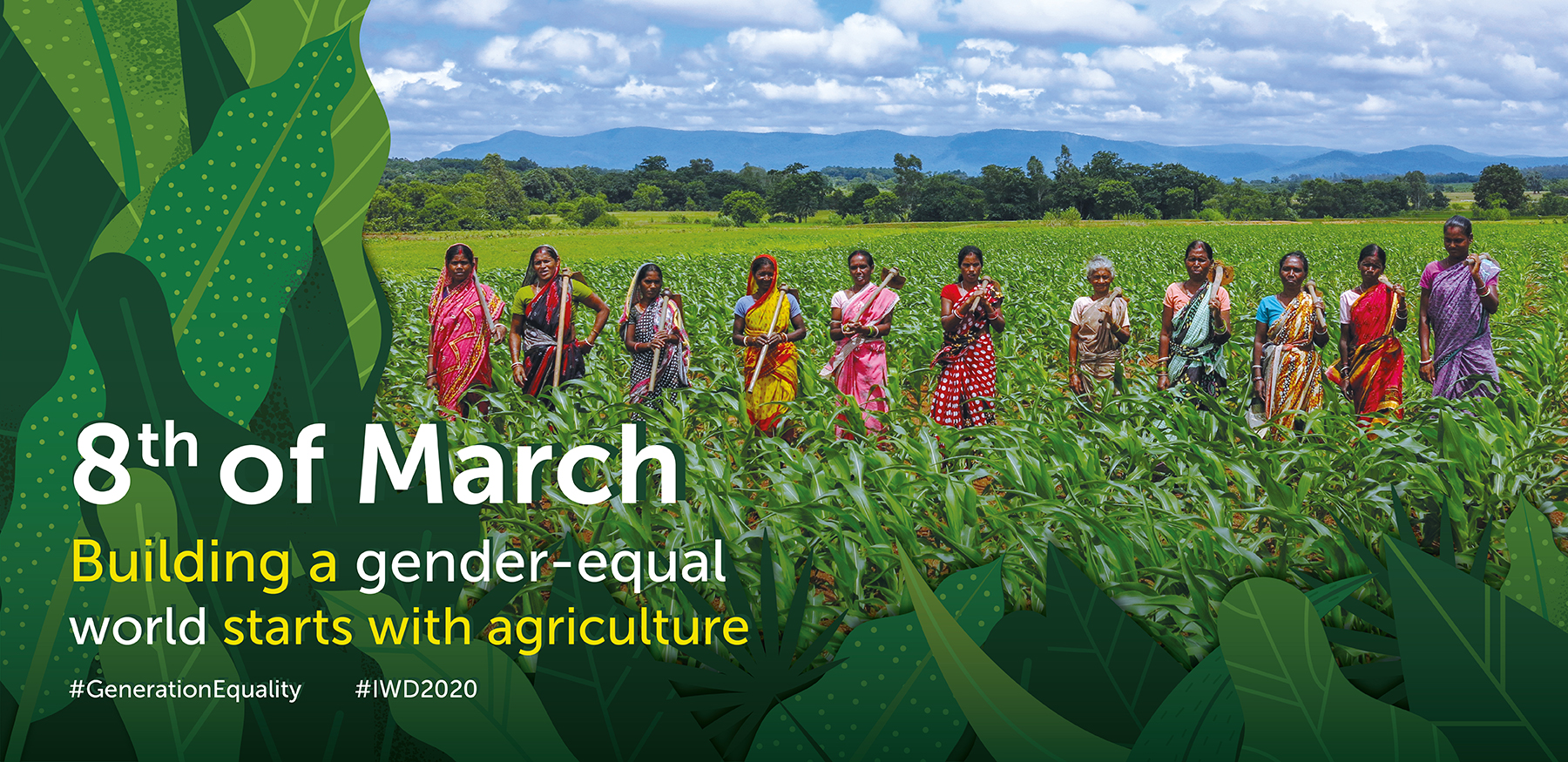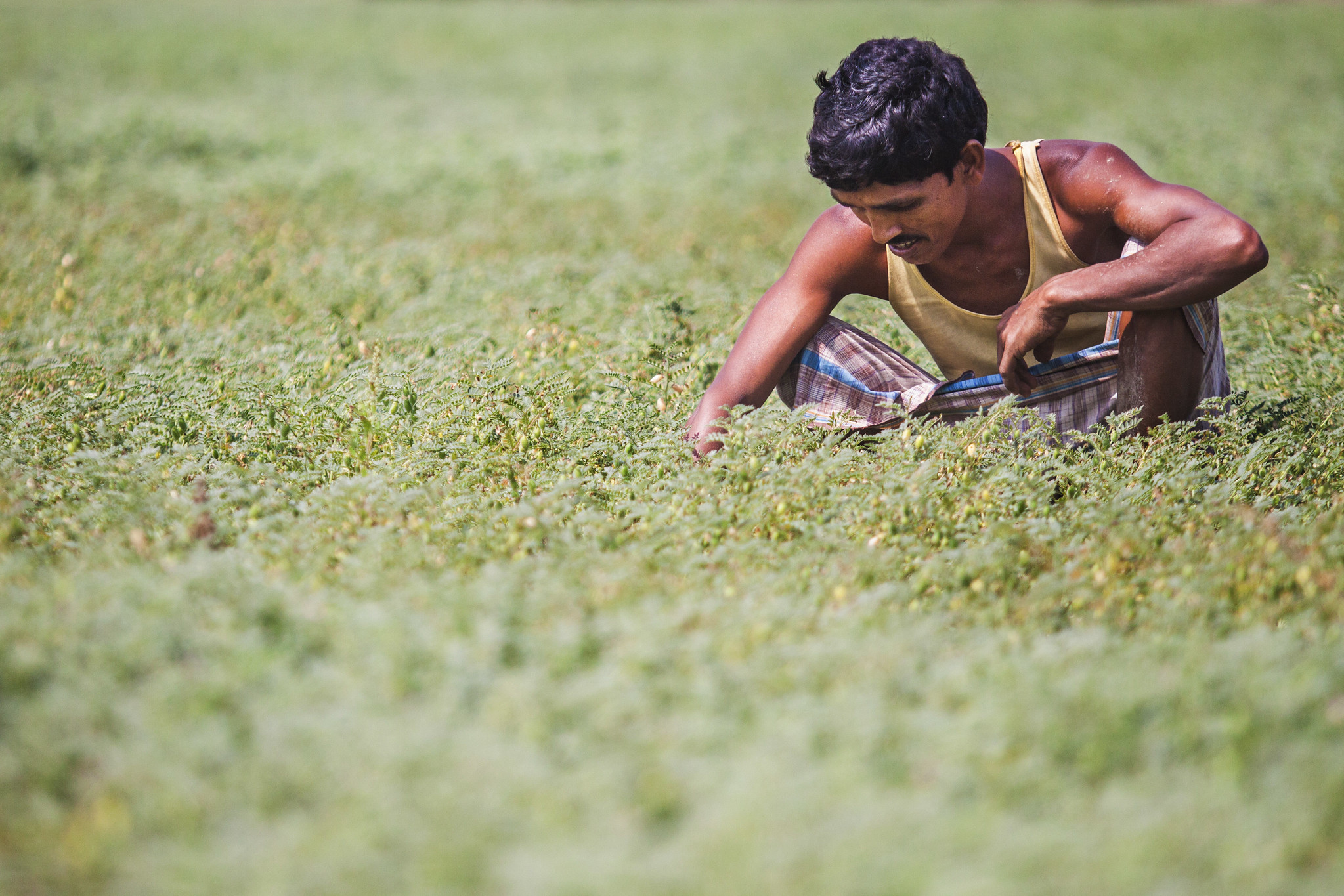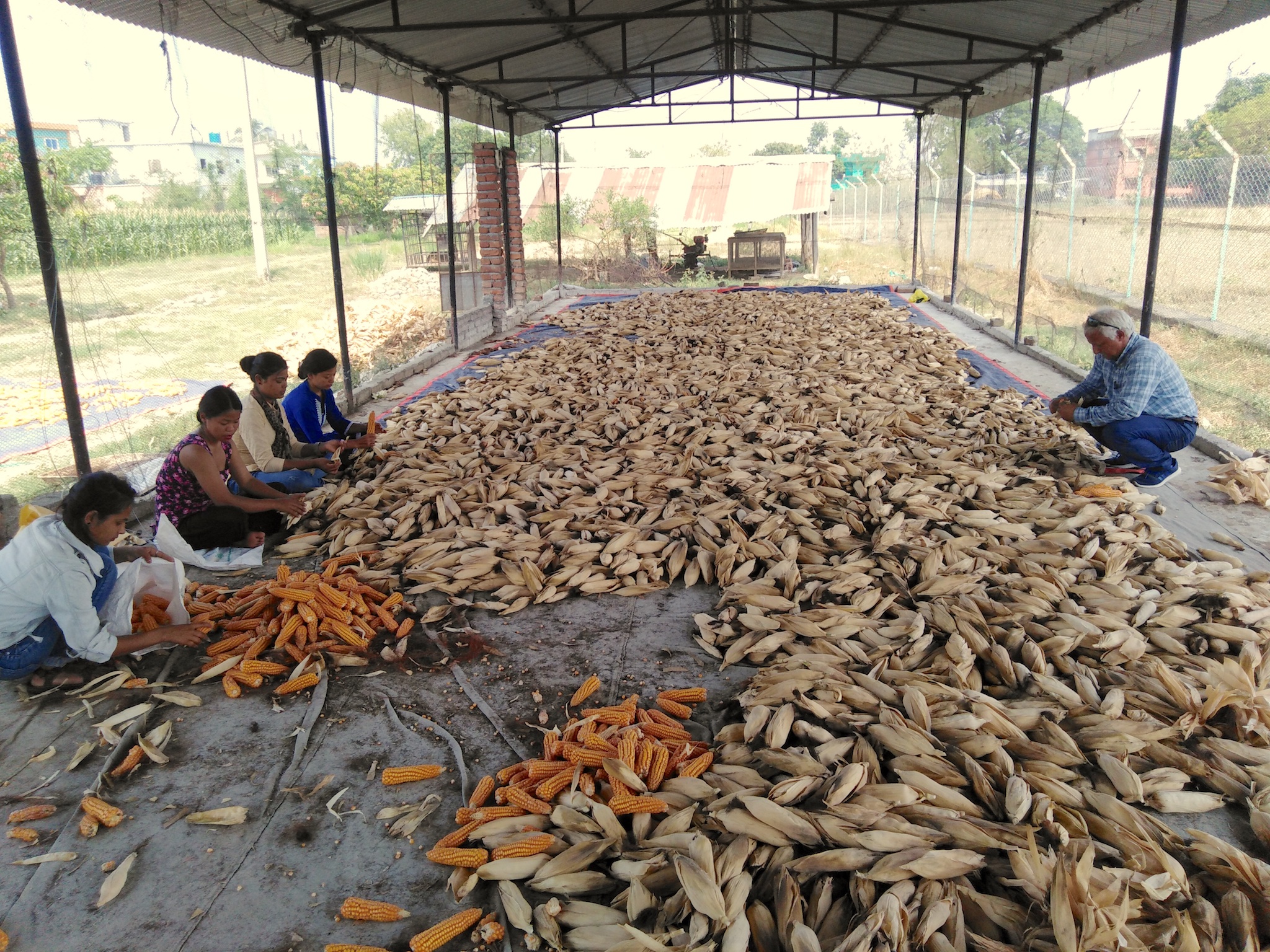Nepal
For more information, contact CIMMYT’s Nepal office.
Stripe rust hits wheat crop in Nepal
 Environmental health and biodiversity
Environmental health and biodiversity
Source: Seed Quest (27 May 2020)
Nepal Agricultural Research Council and CIMMYT scientists suspect new races of stripe and leaf rust in the Nepal hills and terai in the recent 2020 wheat season.
New publications: Gender differentiated small-scale farm mechanization in Nepal hills
 Gender equality, youth and social inclusion
Gender equality, youth and social inclusion
Adoption of mini-tiller is significantly lower in female-headed households, CIMMYT researchers find.
Blast and rust forecast
 Climate adaptation and mitigation
Climate adaptation and mitigation
New project to deliver wheat disease warnings directly to farmers’ phones in Bangladesh and Nepal.
Collective efforts to fight fall armyworm in Nepal
 Capacity development
Capacity development
Stakeholders work together to strengthen systems for detecting, mitigating and managing the invasion of the destructive pest.
Ready for the seed sector
 Capacity development
Capacity development
CIMMYT and partners revise Nepal’s seed science and technology curriculum, so university graduates are better equipped to join the industry’s work force.
Moving out of poverty or staying poor
 Gender equality, youth and social inclusion
Gender equality, youth and social inclusion
Is it up to the village men? Or women, too?
Seed systems in Nepal are going digital
 Gender equality, youth and social inclusion
Gender equality, youth and social inclusion
Digital seed information system will connect farmers to information and seed suppliers.
Policy brief highlights opportunities to promote balanced nutrient management in South Asia
 Environmental health and biodiversity
Environmental health and biodiversity
CSISA publishes policy and research note on how to develop balanced nutrient management innovations in the region.
A major step toward seed self-sufficiency
 Climate adaptation and mitigation
Climate adaptation and mitigation
Nepal boosts domestic maize hybrid seed production.


